How Traction Motors Work: Electric Propulsion
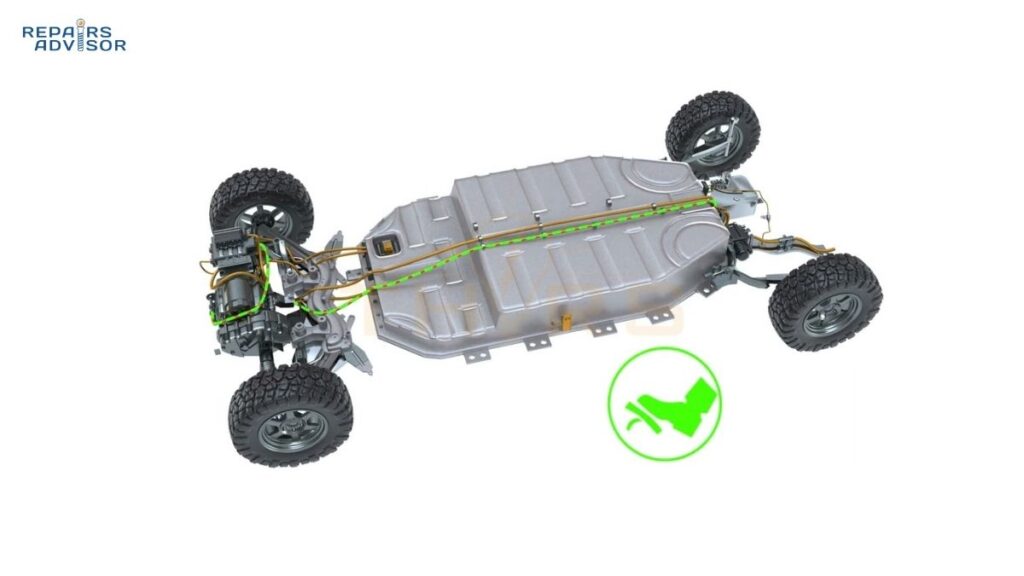
⚠️ HIGH VOLTAGE WARNING: Traction motors operate at dangerous voltages (200-800V DC). This article is for educational purposes only. Never attempt DIY diagnosis or repair of traction motor systems. Only certified high-voltage technicians should service electric vehicle propulsion systems. Improper work can result in electrocution, fire, or expensive damage. Why Traction Motor Is Critical for […]
How Hybrid Battery Systems Work: Energy Storage & Management
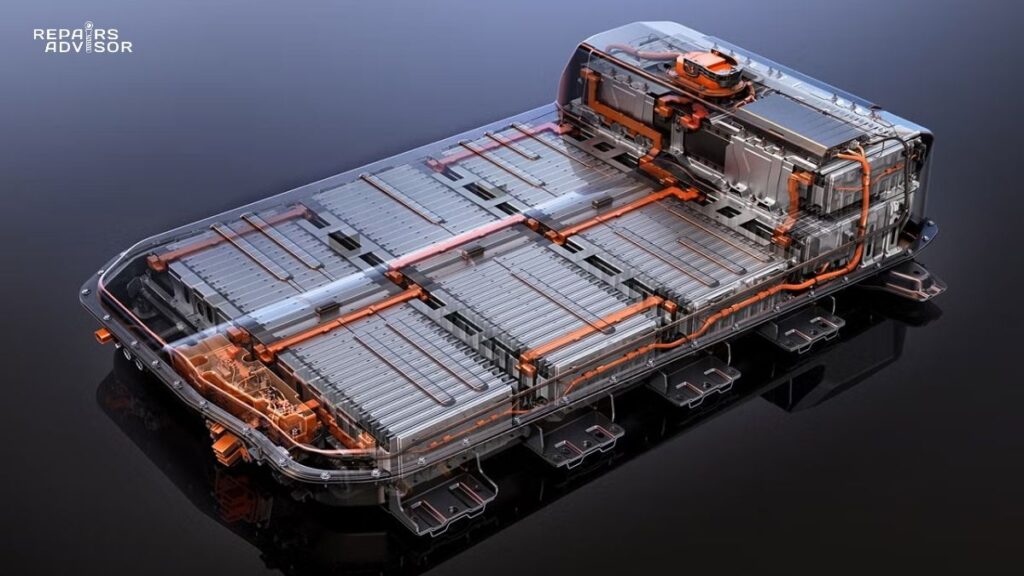
Hybrid battery systems represent the critical bridge between conventional and electric vehicles, storing and releasing electrical energy thousands of times throughout the vehicle’s lifetime. Operating at voltages between 144V and 360V, these sophisticated energy storage assemblies capture kinetic energy during braking, supplement the engine during acceleration, and enable electric-only operation at low speeds—all while a […]
How Automotive Ethernet Works: High-Speed Vehicle Networks
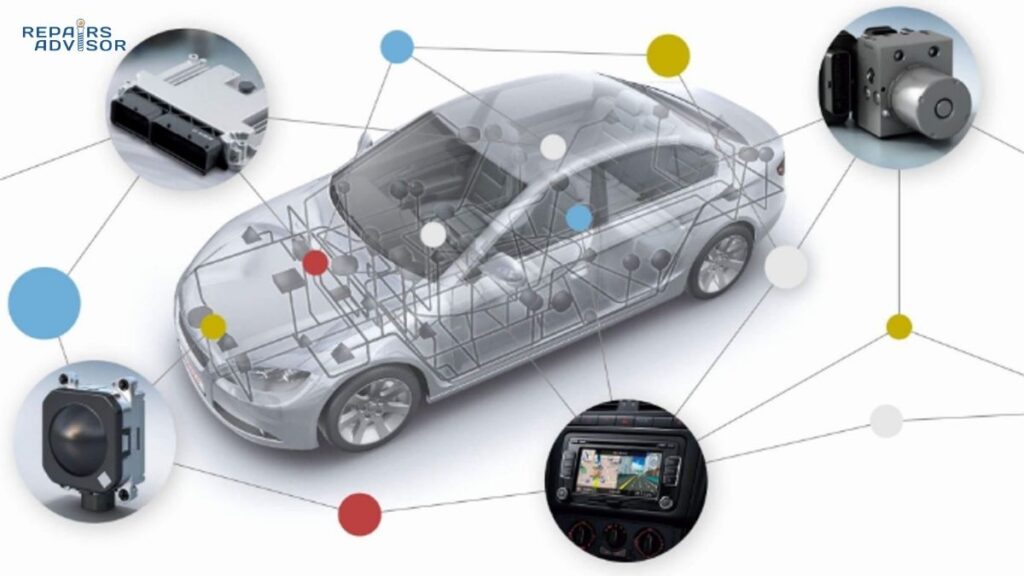
Modern vehicles have evolved far beyond simple mechanical machines into sophisticated mobile computing platforms. Today’s cars contain over a mile of wiring connecting hundreds of sensors, cameras, control units, and displays—all generating and sharing massive amounts of data every second. At the heart of this transformation is Automotive Ethernet, a revolutionary networking technology that’s fundamentally […]
How Vehicle Networks Work: CAN Bus and Communication

Modern vehicles are rolling computer networks. Your car contains 70 to 100+ Electronic Control Units (ECUs) constantly exchanging thousands of messages per second. These digital conversations coordinate everything from engine timing to emergency braking, transforming mechanical systems into integrated smart platforms. Vehicle networks didn’t always exist. Before the mid-1980s, every sensor and actuator required dedicated […]
How Ground Systems Work: Electrical Return Path
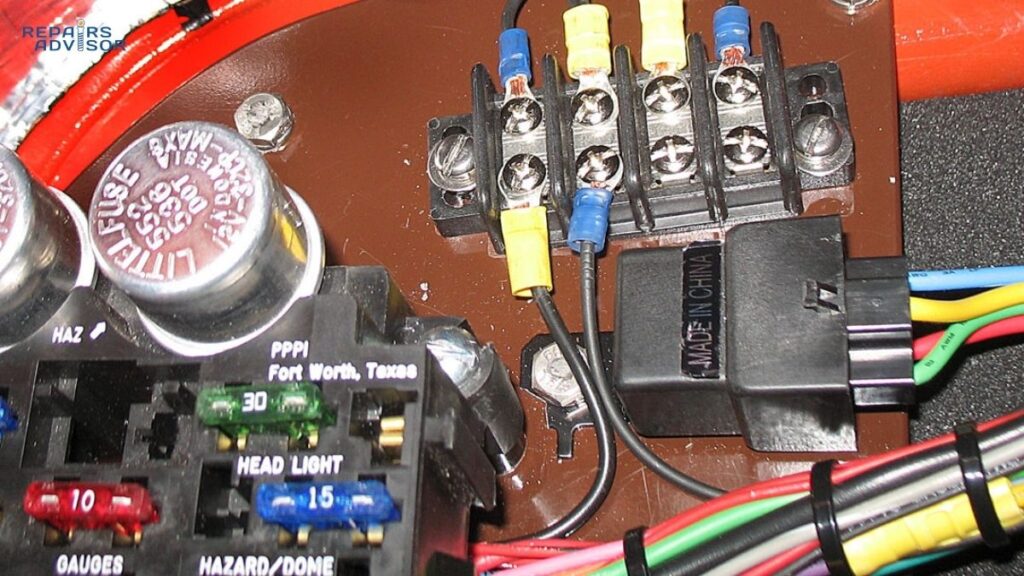
Your dashboard lights flicker, the starter cranks slowly despite a new battery, and the radio cuts out when you turn on the headlights. You’ve checked fuses, tested the battery, and inspected connections—but the problem persists. The culprit? Your vehicle’s ground system, the invisible network of return paths that completes every electrical circuit in your vehicle. […]
How Wiring Harnesses Work: Power Distribution
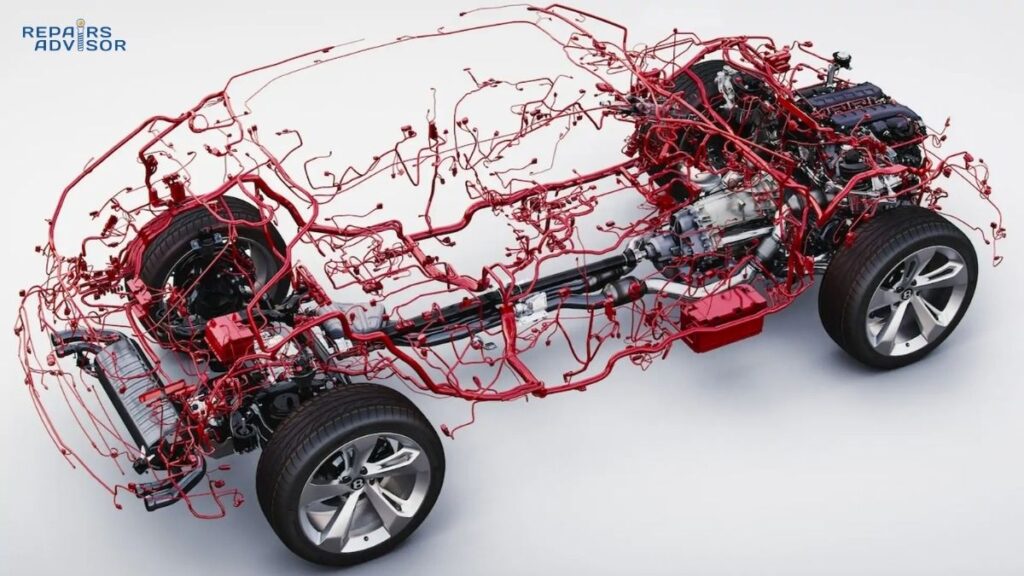
Modern vehicles contain several kilometers of electrical wiring—enough to stretch across multiple city blocks if laid end-to-end. This complex network doesn’t run loose through your vehicle; instead, it’s organized into wiring harnesses, the carefully engineered bundles that function as your car’s nervous system. Just as your body relies on nerves to transmit signals from your […]
How Smart Power Distribution Works: Intelligent Control
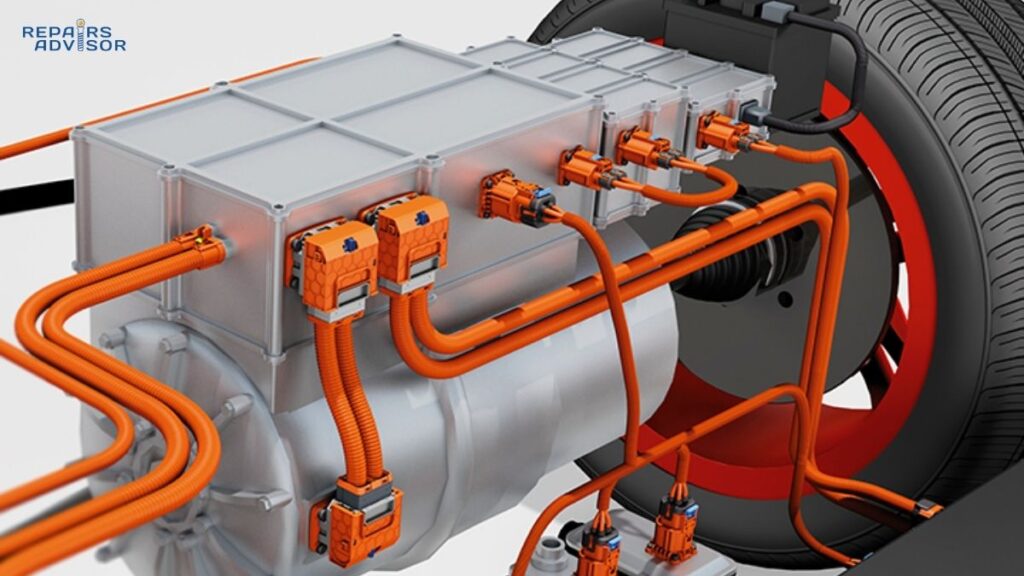
Modern vehicles are evolving from mechanical machines into sophisticated software-defined systems, and nowhere is this transformation more evident than in electrical power distribution. Today’s cars contain 100+ electronic control units managing everything from engine performance to entertainment systems, all requiring intelligent power management that traditional fuses and relays simply cannot provide. Smart power distribution represents […]
How Automotive Fuses Work: Circuit Protection

You turn the key, and your radio goes silent. Your power windows won’t budge. The dashboard lights flicker, then die. Before you imagine expensive electrical repairs, check the simplest solution first: a blown fuse. Understanding automotive fuses—those small, often-overlooked components tucked into fuse boxes—can save you time, money, and the frustration of unnecessary dealer visits. […]
How Automotive Relays Work: Circuit Control
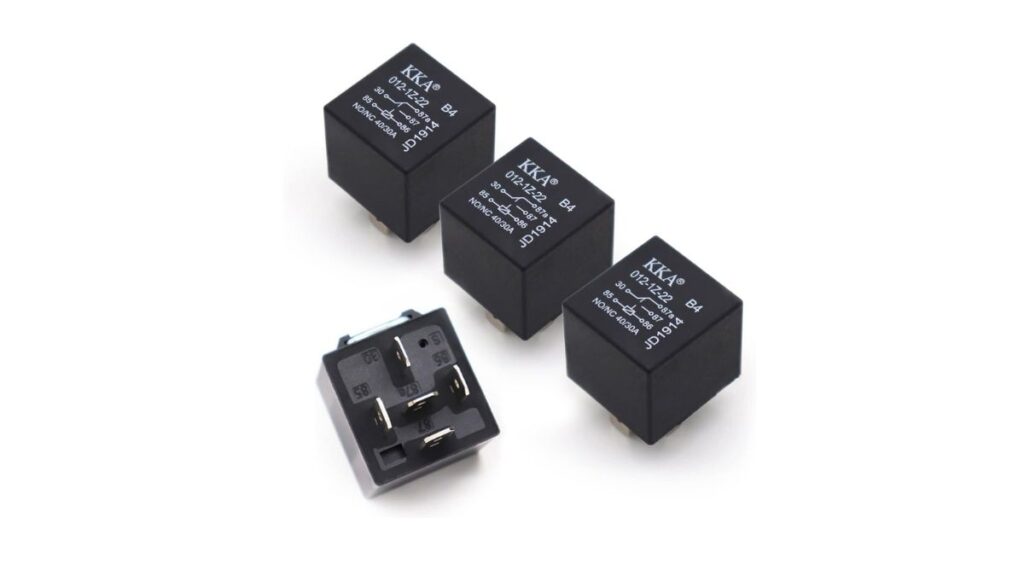
When you turn your ignition key, press your horn button, or flip on your headlights, a small electrical switch springs into action behind the scenes. This unassuming component—the automotive relay—completes powerful circuits that would otherwise destroy your dashboard controls within hours of use. Without relays protecting your vehicle’s electrical architecture, a simple headlight switch would […]
How Starter Motors Work: Engine Cranking
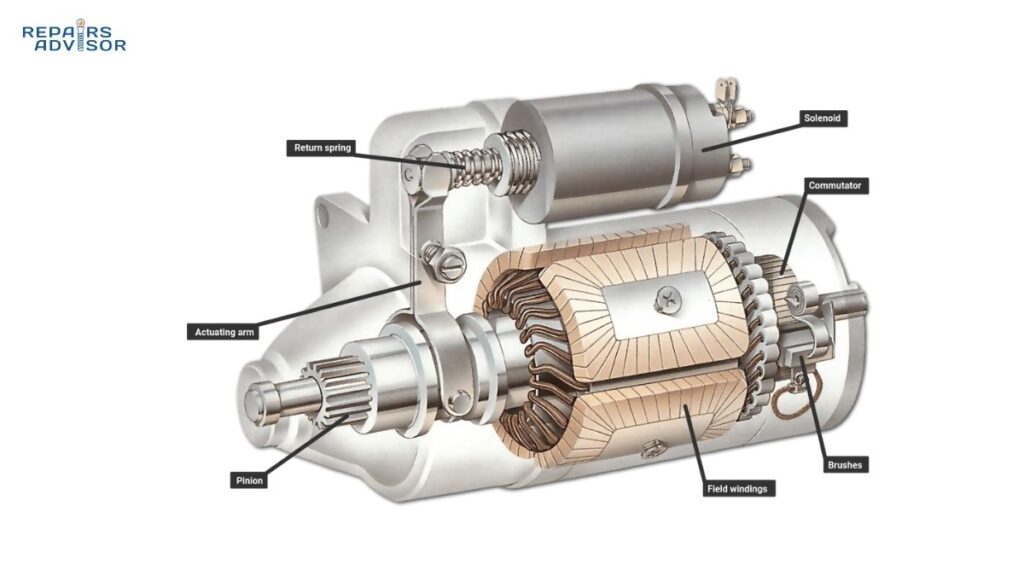
Every time you turn your ignition key or press the start button, a compact yet powerful electric motor springs into action, converting battery power into the mechanical force needed to crank your engine. This unsung hero—the starter motor—performs one of the most demanding jobs in your vehicle, drawing massive electrical current and generating tremendous torque […]
How Voltage Regulators Work: Electrical Control
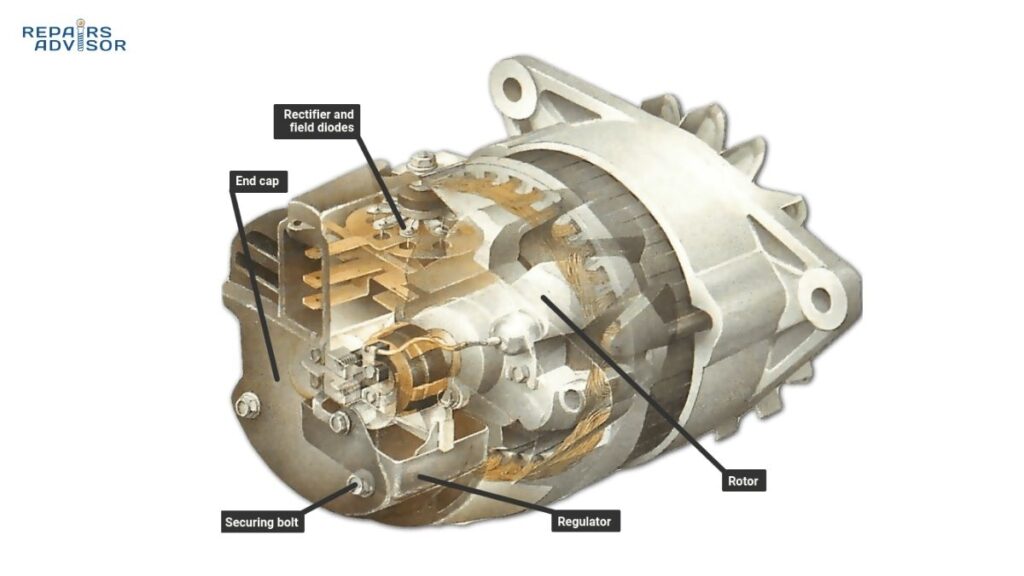
The voltage regulator is the unsung hero of your vehicle’s electrical system, working silently behind the scenes to prevent catastrophic electrical damage. This critical component faces a challenging task: your alternator naturally produces increasing voltage as engine speed rises, potentially reaching 30-40 volts at highway speeds without regulation. At these voltage levels, every electrical component […]
How Alternators Work: Charging System Operation
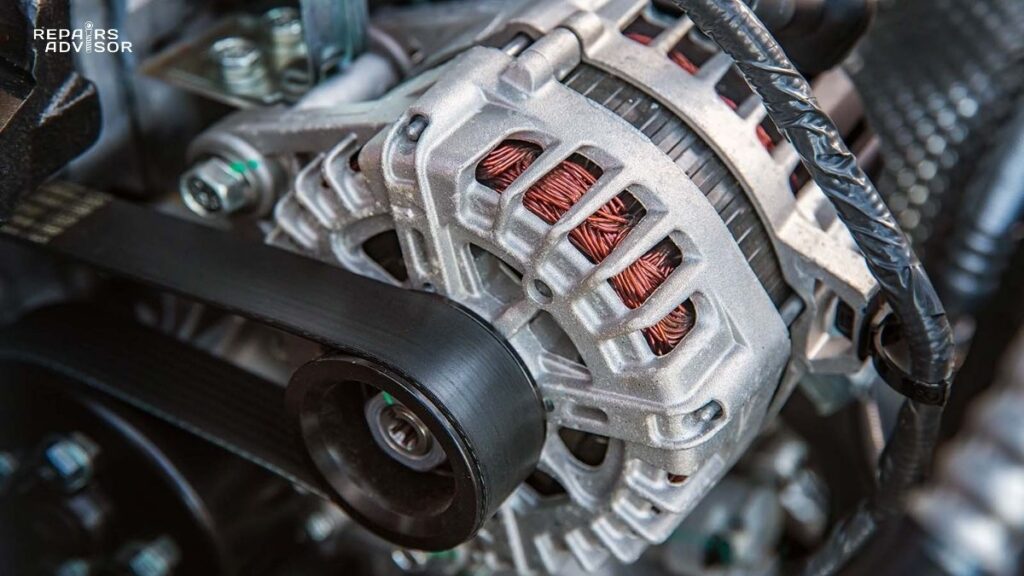
The alternator is your vehicle’s electrical power plant, converting mechanical energy from the engine into electrical energy to power all vehicle systems and continuously recharge the battery. While the battery provides starting power, the alternator supplies 100% of the electrical power needed during engine operation—running ignition systems, fuel injection, lights, climate control, entertainment systems, and […]